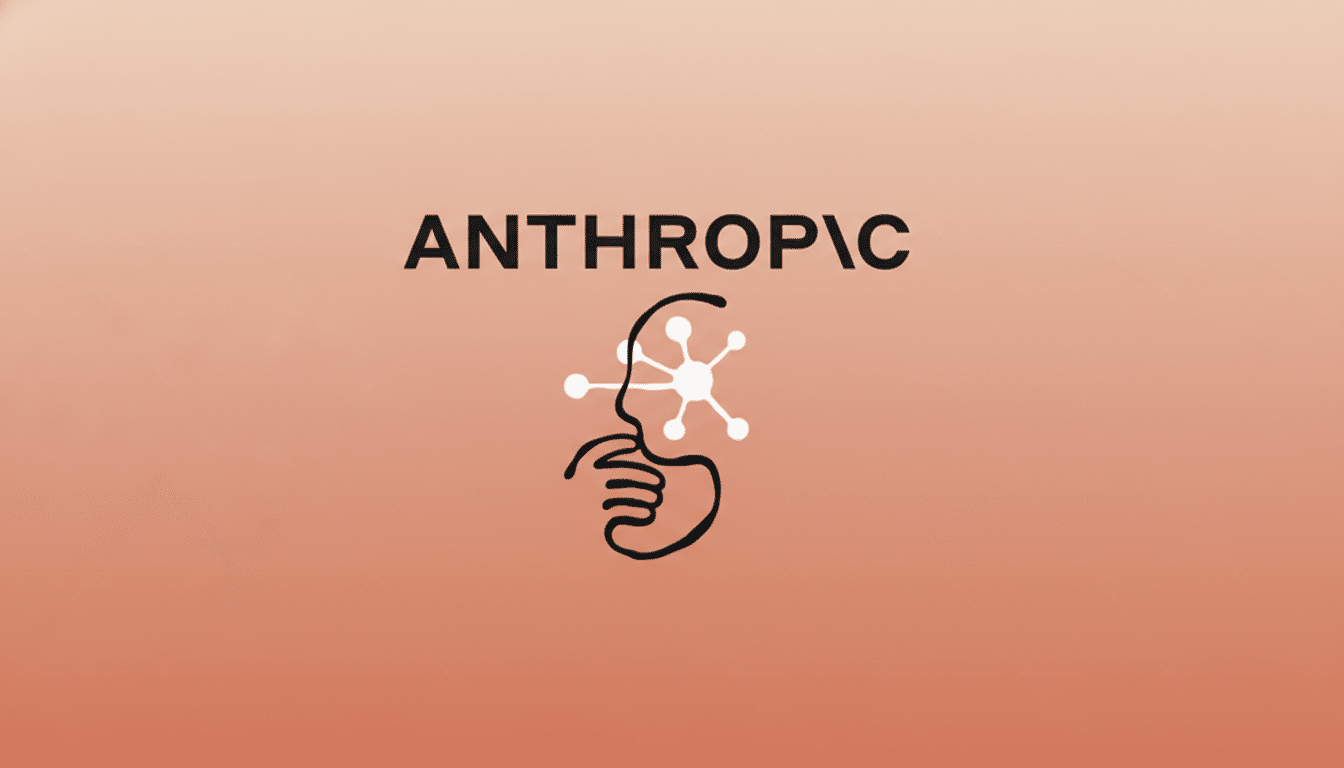Introducing Claude Code Security: AI-Powered Vulnerability Detection for the Modern Software Development Lifecycle
Anthropic has recently unveiled its latest innovation in cybersecurity - Claude Code Security, an AI-powered tool designed to detect and fix code bugs. In this article, we'll delve into the details of Claude Code Security, its capabilities, and how it's set to revolutionize the way teams approach vulnerability detection and remediation.
Claude Code Security is a new capability built into Anthropic's existing Claude Code platform, which aims to help teams detect and fix security flaws faster. The tool analyzes codebases for security vulnerabilities and suggests targeted software patches for human review. This approach differs from traditional rule-based scanners, which often miss complex, high-severity vulnerabilities. Instead, Claude Code Security focuses on data flows, component interactions, and catching issues that other tools might overlook.
Each finding undergoes a multi-stage verification process before it reaches an analyst. The tool re-examines each result, attempting to prove or disprove its own findings and filter out false positives. Findings are also assigned severity ratings, allowing teams to focus on the most important fixes first. Currently in limited research preview for Enterprise, Team, and open-source maintainers, Claude Code Security empowers defenders while ensuring responsible deployment.
Anthropic has leveraged over a year of research into its cybersecurity skills to develop this new capability. Tested in Capture-the-Flag events and partnership with Pacific Northwest National Laboratory, Claude has been refined to detect and patch real vulnerabilities. Using Claude Opus 4.6, the team discovered 500+ long-undetected bugs in open-source projects. Now, Claude Code Security brings these defensive capabilities to Enterprise, Team, and open-source maintainers, letting teams review findings and iterate on fixes directly within familiar tools.
According to Anthropic, this is a pivotal time for cybersecurity. The company expects that AI-powered scanning of the world's code will become increasingly prevalent in the near future, given the effectiveness of current models at finding long-hidden bugs and security issues. While attackers will use AI to find exploitable weaknesses faster than ever, defenders who move quickly can find those same weaknesses, patch them, and reduce the risk of an attack.
The limited research preview of Claude Code Security is now available for Enterprise and Team customers, with early access and collaboration. Open-source maintainers can apply for free, expedited access to take advantage of this groundbreaking tool. As the cybersecurity landscape continues to evolve, it's essential for teams to stay ahead of the curve by incorporating AI-powered vulnerability detection into their development lifecycle.
Stay up-to-date on the latest developments in cybersecurity and hacking by following me on Twitter: @securityaffairs, Facebook, and Mastodon (SecurityAffairs – hacking, Claude Code Security).
